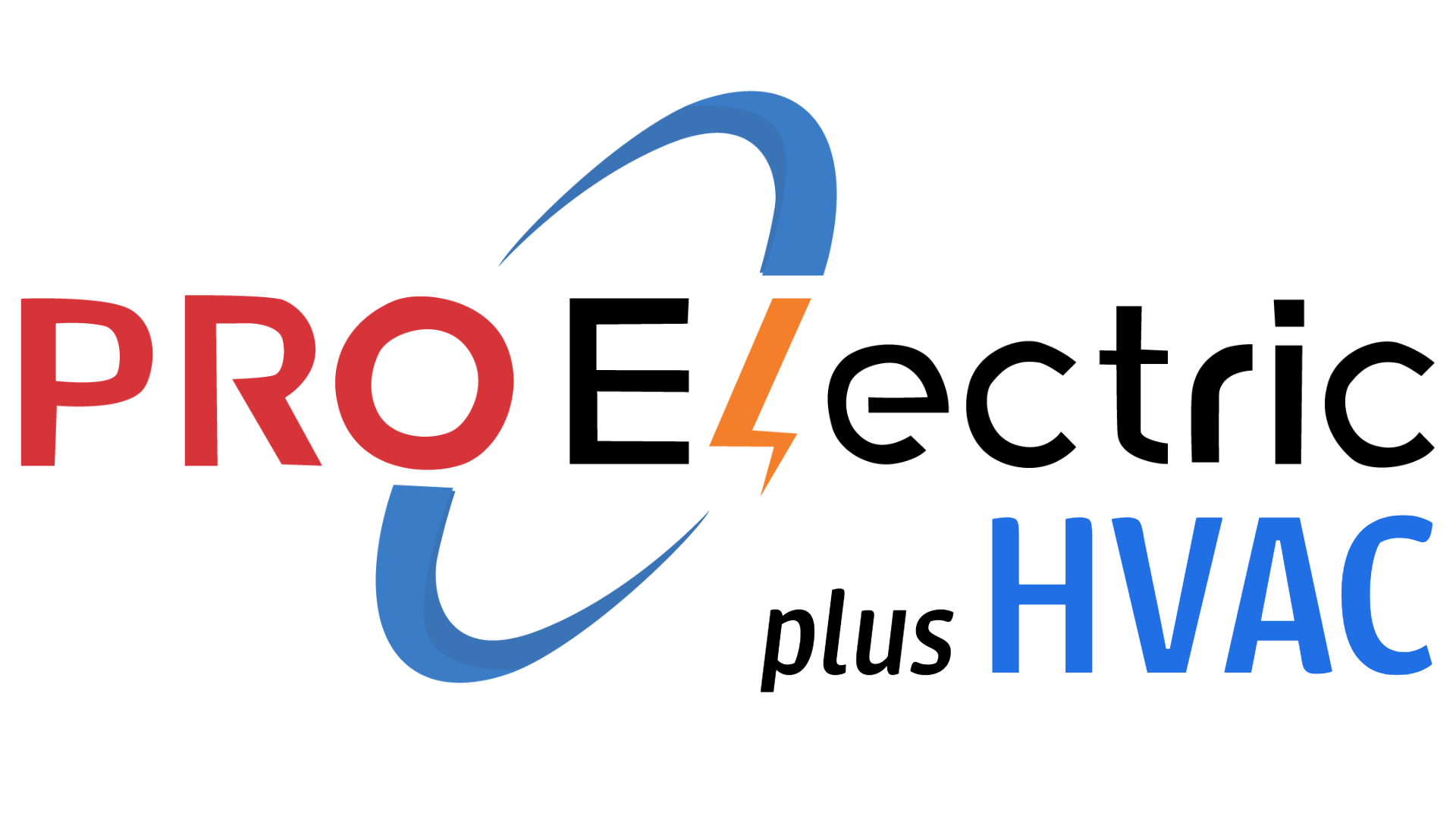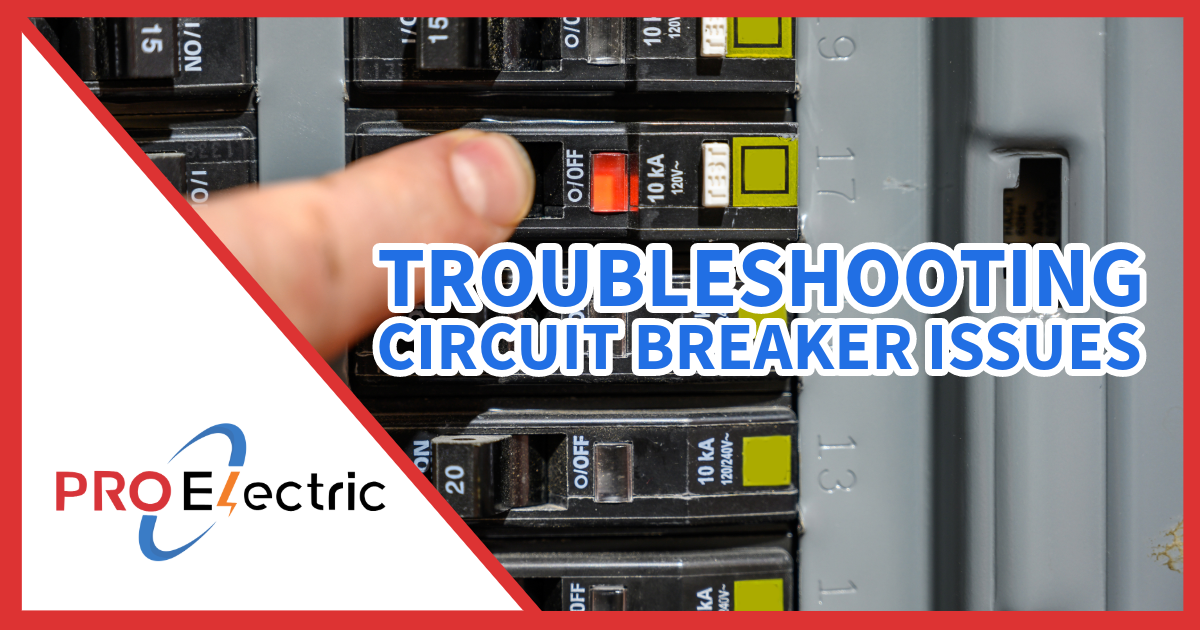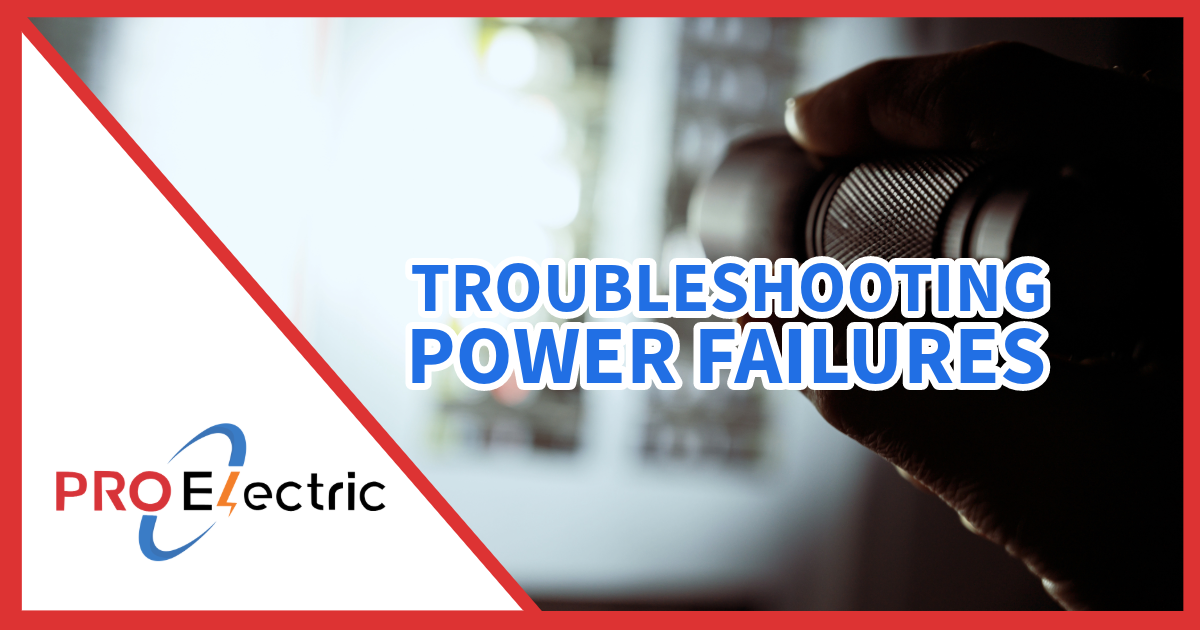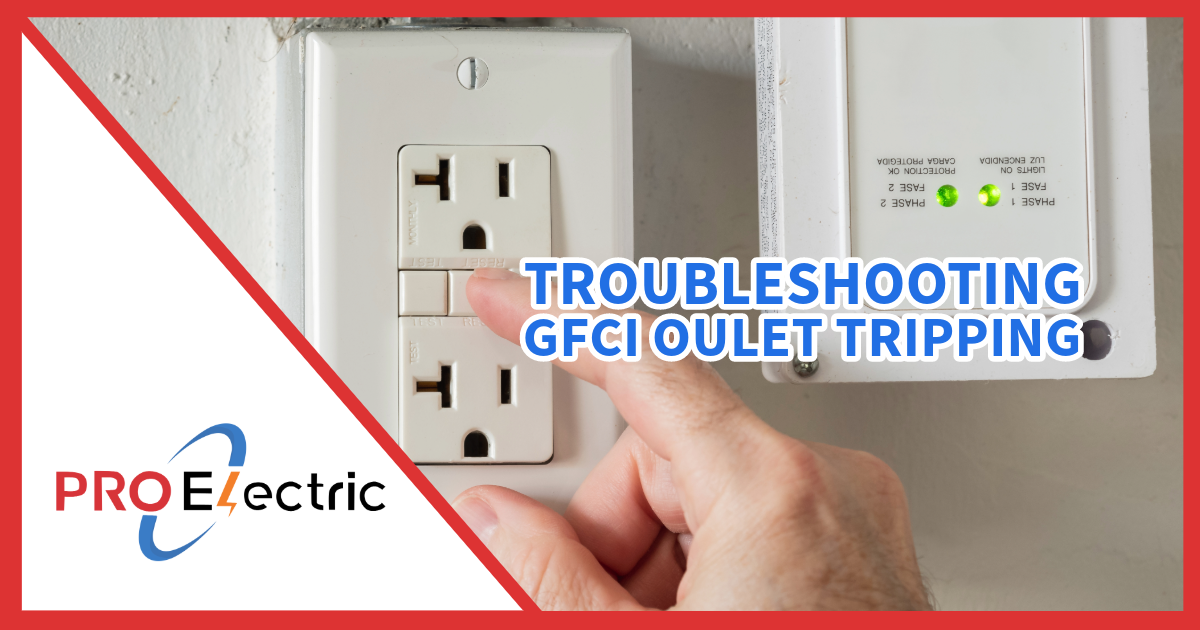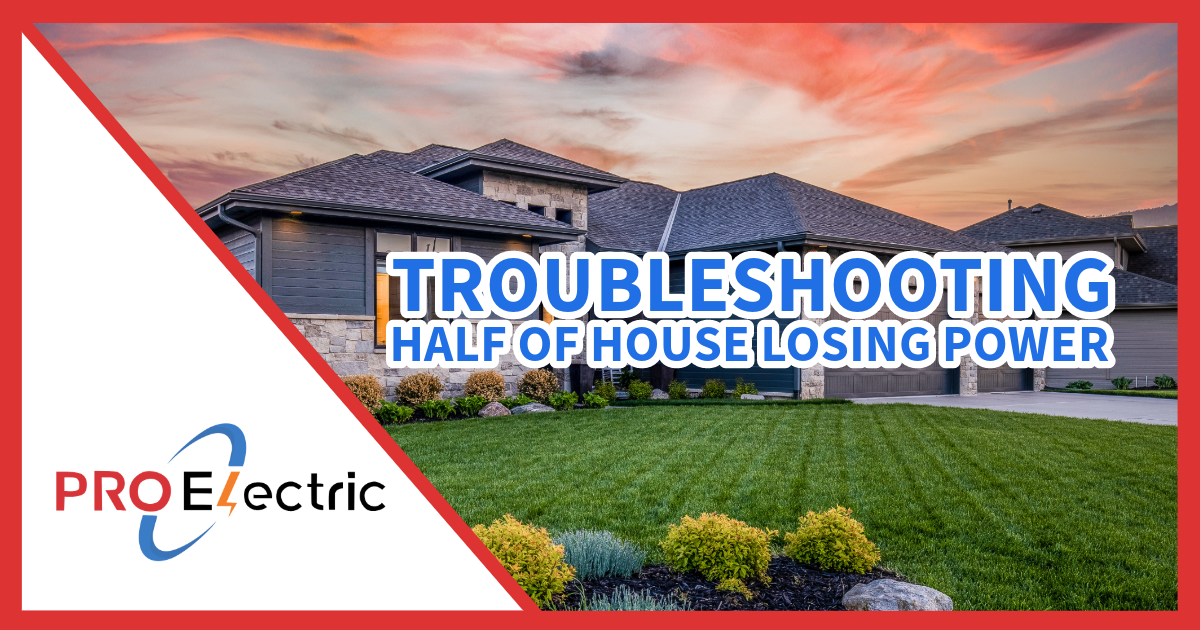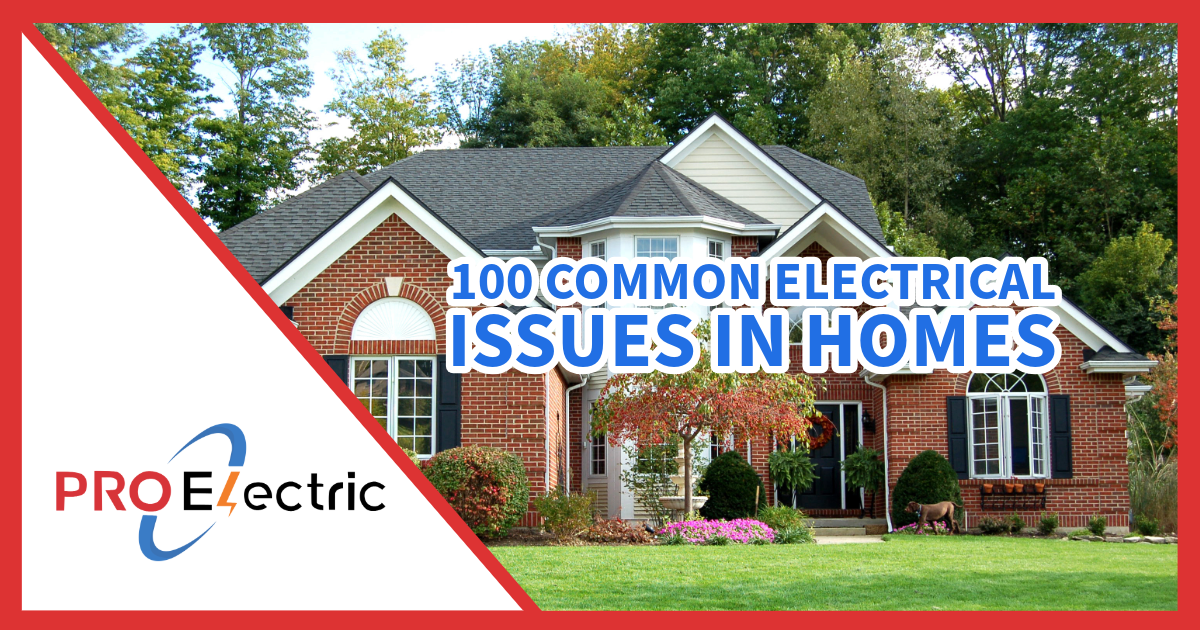A SIMPLE GUIDE FORTroubleshooting
Flickering Lights
Flickering lights in your house might signal electrical issues that have to be fixed.
We covered you with our troubleshooting guide – just for homeowners in Northern Virginia from Alexandria to Woodbridge.
This succinct guide will equip you to identify and resolve flickering light issues.
Follow our steps to keep your house secure and comfy and make informed electrical decisions.
Flickering Lights
Step 1:
Observe the Pattern
- Intermittent and Constant: Find out in case the flickering is intermittent or continuous. Intermittent flickering is tougher to diagnose since it happens occasionally whereas frequent flickering might represent a far more consistent issue.
- Affected Area: Take note whether it is occurring in one room or throughout the house. This can help you determine if it’s a localized issue with the main power supply.
Step 2:
Check the Light Bulbs
- Kind of Bulbs: Determine the sorts of bulbs that flicker. Since they use much less power, LED and fluorescent lights flicker much more than incandescent bulbs.
- Bulb Tightness: Be sure the bulbs are screwed in tightly. The wrong connection may cause flickering with loose bulbs.
Compatibility: Check your dimmer switches are compatible for LED lights. Not all dimmers dim nicely together with LEDs, which causes flickering.
Step 3:
Inspect the Light Fixtures
- Loose Fixtures: Check for loose cables or connections in the fixture. A loose wire may flicker intermittently and is a fire risk.
- Dimmer Switches: In case your lights are connected right into a dimming switch, the issue might be with that switch itself. Try replacing it with a brand new one suitable for your bulbs.
Step 4:
Examine Electrical Appliances
- Big Appliances: Bigger appliances like refrigerators or air conditioners might flicker lights whenever they switch on. This is because electric demand suddenly increases.
- Circuit Overload: If your circuit is overloaded when more appliances are operating simultaneously, flickering could happen. Redistributing the electrical load or upgrading your electrical panel.
Step 5:
Check the Electrical Service
- Voltage Fluctuations: Voltage variations in your house can easily flicker. Check for stable voltage with a multimeter.
- Service Connection: Check the service mast, meter base and service panel for damage and wear. Loose service conductors create flickering throughout the home.
Step 6:
Consult a Professional
Seek advice from a Professional.
If the issue still persists after following these steps or you’re uncertain about working with electrical components:
- Hire an Electrician: A licensed electrician is able to diagnose and repair issues with your house’s power wiring – from small fixes to more serious issues such as changing the electric panel.
FAIRFAX, ARLINGTON, LOUDOUN, & PRINCE WILLIAM COUNTIESWe Fix Flickering Light Issues!
Electrical repairs
Electrical maintenance
Electrical panel upgrades
Wiring installations and repairs
Lighting installations and repairs
Outlet installations and repairs
Electrical system inspections
Outdoor Lighting
Electrical code compliance inspections
Surge protection installations
Smoke detector installations
Ceiling fan installations
Circuit breaker replacements
GFCI installations
Electrical system upgrades
Electrical remodeling services
Electrical system troubleshooting
Electrical system design and engineering
24/7 emergency electrical services
Power Restoration
Electric Car Charger Installation
Electrical Outlet Installation & Repair
Servicing Fairfax, Loudoun, Arlington, and Prince William CountiesWE ARE MASTER ELECTRICIANS & HVAC TECHNICIANS
Electrical Services
- Ceiling Fan Installation Services
- Circuit Breaker Replacements
- EV Charger Installation
- Electrical Code Correction
- Electrical Inspections
- Electrical GFCI Outlet & Switch
- Electrical Panel Repair & Upgrade
- Electrical Power Restoration
- Electrical Safety Assessments
- Emergency Electrical
- Energy-Efficient Lighting Solutions
Case Studies
- Old Carrier AC Compressor Replacement in Arlington, VA
- Heat Pump & Air Handler Replacement Springfield, VA
- UV Light Installation in Oakton, VA
- Whole House Rewiring and Main Breaker Installation Falls Church, VA
- Installing a Whole-House Surge Protector in Dumfries, VA
- Installing a Home EV Charger and Surge Protector in Arlington, VA
- Electrical Upgrade of Arlington Community Church
- EV Charger Install for Porsche Cayenne E-Hybrid Falls Church
HVAC Services
Insights
Master Guides
- Electrical Wiring & Old Circuit Panel Problems in Pre-1970 Homes
- EV vs Gas Vehicles: Cost-Benefit Analysis for Northern Virginia Commuters
- HVAC UV Lights: Health Benefits and Indoor Air Quality Impact
- Best & Worst HVAC Air Filters for Allergies (Under $250)
- Smart Thermostats Under $1,000: A Master Guide
- Home EV Charger Comparison: Best (and Avoiding the Worst)
- Best and Worst Infrared Saunas for Home (Up to $10,000 Budget)
Falls Church Office
Fairfax Office
Electrical Services
- Ceiling Fan Installation Services
- Circuit Breaker Replacements
- EV Charger Installation
- Electrical Code Correction
- Electrical Inspections
- Electrical GFCI Outlet & Switch
- Electrical Panel Repair & Upgrade
- Electrical Power Restoration
- Electrical Safety Assessments
- Energy-Efficient Lighting Solutions
- Home Wiring
- Hot Tub Wiring
- Landscape Lighting
- Light Fixtures Install & Repair
- Outdoor Lighting
- Security Lighting Installation
- Smart Home Automation
- Smoke & Carbon Monoxide Detector
- Surge Protection
HVAC Services
Troubleshooting
Case Studies
- Old Carrier AC Compressor Replacement in Arlington, VA
- Heat Pump & Air Handler Replacement Springfield, VA
- UV Light Installation in Oakton, VA
- Whole House Rewiring and Main Breaker Installation Falls Church, VA
- Installing a Whole-House Surge Protector in Dumfries, VA
- Installing a Home EV Charger and Surge Protector in Arlington, VA
- Electrical Upgrade of Arlington Community Church
- EV Charger Install for Porsche Cayenne E-Hybrid Falls Church
Master Guides
- Electrical Wiring & Old Circuit Panel Problems in Pre-1970 Homes
- EV vs Gas Vehicles: Cost-Benefit Analysis for Northern Virginia Commuters
- HVAC UV Lights: Health Benefits and Indoor Air Quality Impact
- Best & Worst HVAC Air Filters for Allergies (Under $250)
- Smart Thermostats Under $1,000: A Master Guide
- Home EV Charger Comparison: Best (and Avoiding the Worst)
- Best and Worst Infrared Saunas for Home (Up to $10,000 Budget)
Insights
Preferred Partners
Falls Church Office
Fairfax Office
NORTHERN VIRGINIAEV CHARGING STATION LOCATOR MAP BY ZIP CODE
PRO Electric LLC dba PRO Electric plus HVAC | Website Design by HILARTECH, LLC | © All Rights Reserved
NORTHERN VIRGINIAEV CHARGING STATION LOCATOR MAP BY ZIP CODE
PRO Electric LLC dba PRO Electric plus HVAC
Website Design by HILARTECH, LLC | © All Rights Reserved
